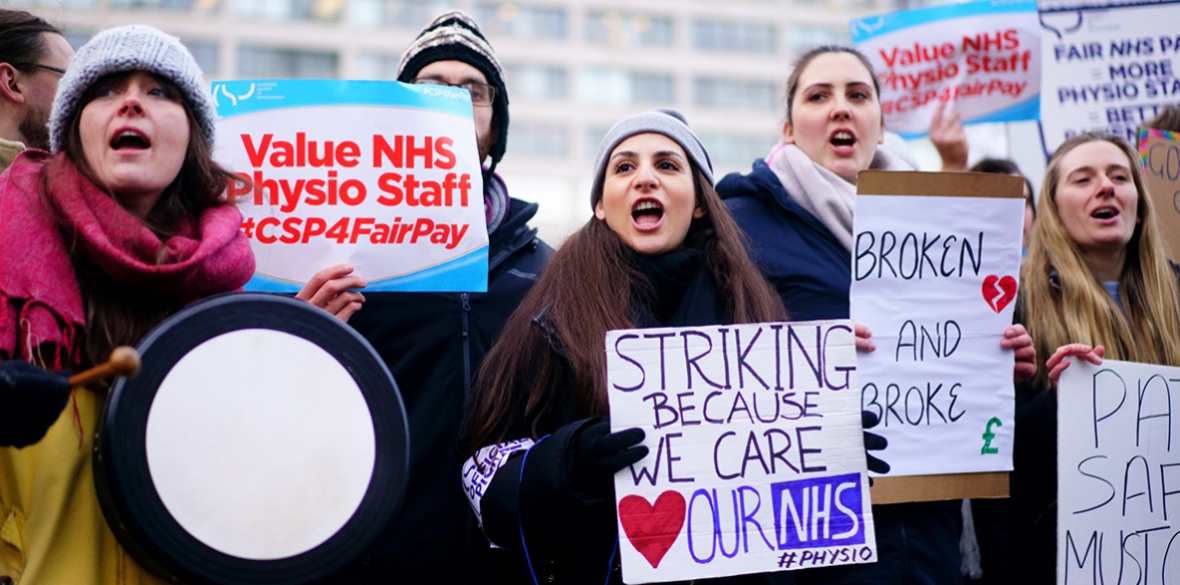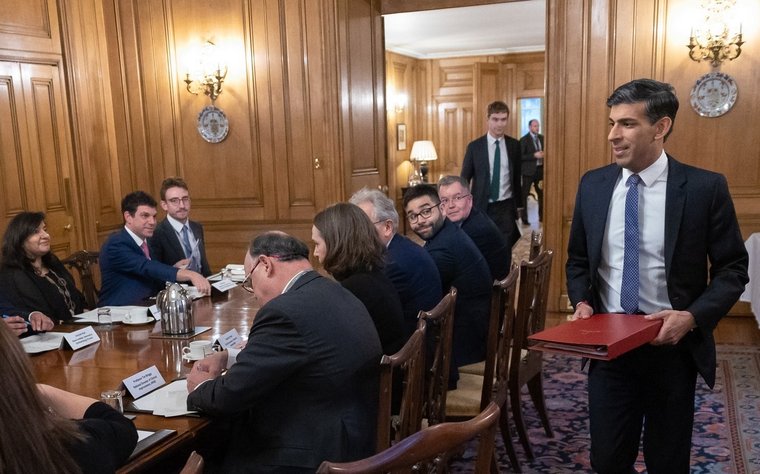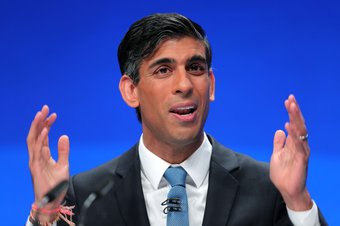Ofgem ignored 140,000 debt complaints before British Gas scandal
Original article republished from open Democracy under Creative Commons Attribution-NonCommercial 4.0 International licence.

Exclusive: Energy regulator forced into action this week did nothing about mountain of complaints last year
3 February 2023, 1.53pm
Energy companies received more than 140,000 complaints about their treatment of customers in debt last year alone, openDemocracy can reveal.
They included 33,000 complaints about the fitting or disconnecting of pre-payment meters.
Yet the energy regulator Ofgem was only forced into action this week when an undercover Times investigation found British Gas had sent bailiffs to break into vulnerable people’s homes and fit the meters by force. It has now asked energy companies to pause the practice.
The data, obtained by openDemocracy through a Freedom of Information request, has revealed for the first time the scale of alleged mistreatment of vulnerable customers since the energy price cap was first hiked in April.
“Ofgem has known about this crisis for years, and so have the companies themselves. Suppliers are not being honest when they act like they’ve just discovered it and they’re shocked, like the CEO of Centrica did yesterday,” Ruth London, co-founder of the Fuel Poverty Action campaign group, told openDemocracy.
Energy companies are required to report the number of complaints they receive from customers every month to Ofgem. Between January and October last year, they received 146,046 complaints related to disconnection and debt issues – though Ofgem has refused to tell us which suppliers received the most.
The category includes complaints from customers about their energy supply being disconnected or having a prepayment meter installed forcibly without a warrant or despite them being vulnerable.
Other examples of complaints include customers being disconnected by error or without due process and being put on debt repayment plans that are unsuitable or unaffordable.
The true number of people being ill-treated is likely to be much higher. Ofgem revealed yesterday that customers were being left on hold for hours by energy companies, leading to more than half hanging up before they could report an issue.
Ofgem said revealing how many complaints different companies had received would breach Section 105 of the 2000 Utilities Act, which states that the public disclosure of information companies supply to the regulator is prohibited in order to protect national security. The law has previously been criticised for preventing whistleblowers from raising issues about the energy sector that are in the public interest.
The regulator said yesterday that it was “unacceptable” to forcibly install prepayment meters before all other options had been exhausted, and has launched an urgent investigation into British Gas.
But charities have criticised the regulator for ignoring calls to end the practice for months.
“Lives have been and are being lost because of their silence and refusal to act on the truth they have long known,” said London.
Clare Moriarty, the chief executive of Citizens Advice, said it “should not have taken this long” for Ofgem to act.
The charity said it saw more people unable to afford to top up their pre-payment metre last year than for the entirety of the previous decade combined.
The Times reported this week that British Gas customers who had prepayment meters forcibly installed included a woman in her 50s who the company’s bailiffs were told had severe mental health problems and a mother whose “daughter is disabled and has a hoist and electric wheelchair”.
The paper’s undercover investigation also alleged that the Arvato Financial Solutions employees were incentivised with bonuses to fit prepayment meters. The boss of British Gas owner Centrica apologised and said he was “disappointed, livid and gutted” on Thursday.
Last year, a non-executive director at the regulator resigned saying Ofgem had “not struck the right balance between the interests of consumers and interests of suppliers”.
Peter Smith, policy director at the charity National Energy Action, said: “The recent announcement by major suppliers that they would temporarily pause forced installations of pre-payment meters is welcome, but this was prompted by public shaming of suppliers and there is still no market-wide ban.
“We also desperately need a coherent plan to help millions of people already trapped on prepayment meters. This means rewiring the energy market to provide more affordable tariffs and finding new ways to address the underlying debt issues which are rife due to soaring energy costs.”
Richard Lane, Director of External Affairs at StepChange Debt Charity, said: “We welcome Ofgem’s move to suspend the forced installation of prepayment meters (PPMs), but it’s clear that thousands of households have been struggling with energy bills for some time now, which is evident in our own client data.
“For the people that have already been moved onto PPMs, there must be better protection to prevent self-disconnection and extreme energy rationing.”
Original article republished from open Democracy under Creative Commons Attribution-NonCommercial 4.0 International licence.



